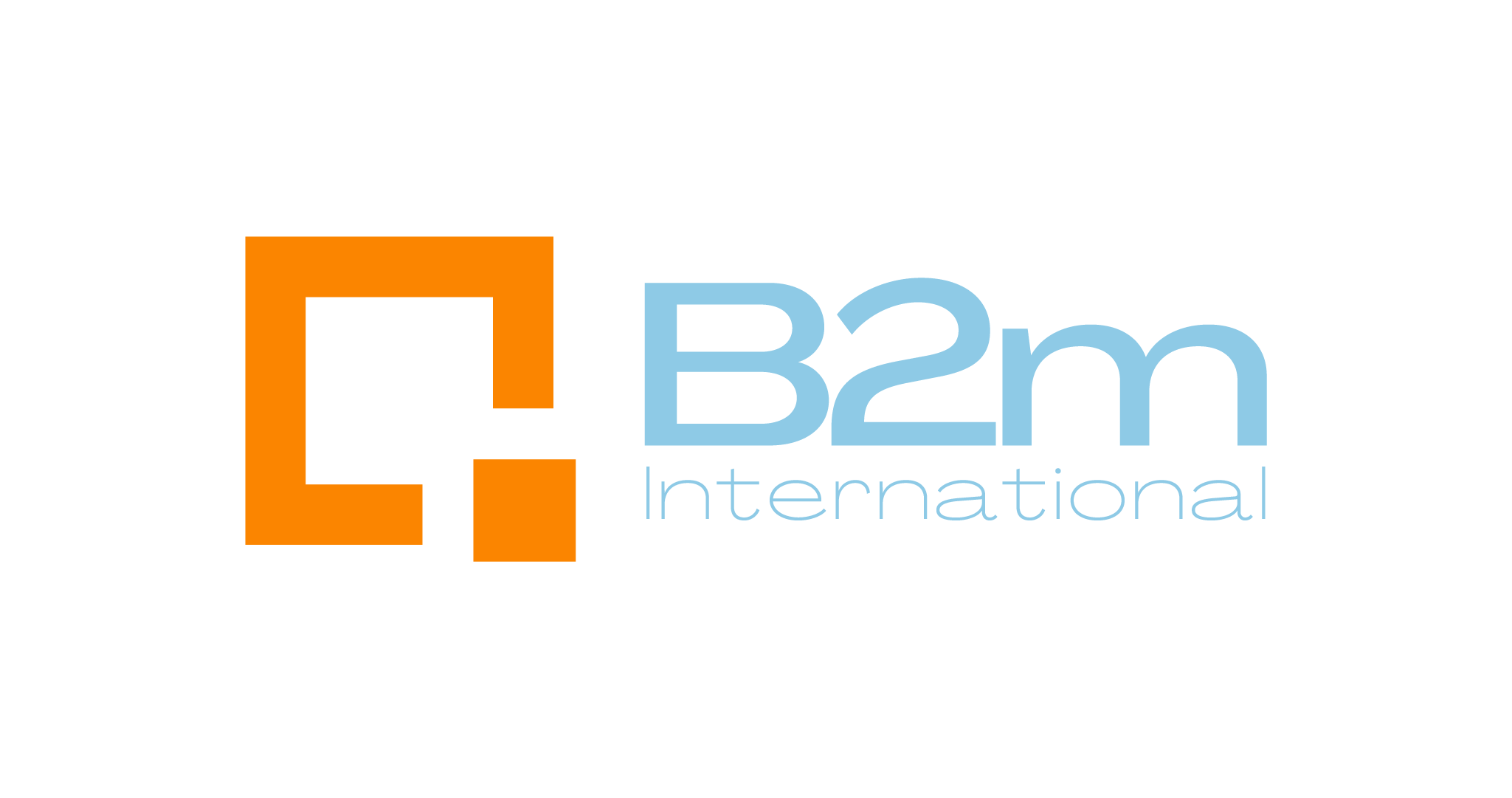There is a growing divide between where organisations of today are and where they will need to be in the coming decades.
“Change is constant” – organisations that survive and thrive will need to be agile and constant consumers of change. Their operating model, organisational structure and human capability building approach must conform to changing realities, the integration of artificial intelligence and new ways of human thinking and lifestyles.

Disruption is the Transformational Imperative
Today’s organisations face unprecedented and unrelenting disruption. The competitive advantages that once gave companies the edge —their product line-up, scale, or legacy position are no longer as secure as they once were. A new pre-emptive approach to transformation is becoming the norm – with organisations retooling themselves to stay ahead.
B2M works with clients to ensure that our clients successfully transform, whether they make comprehensive changes in strategy, operating model, organisation, people and processes or smaller continuous changes to inspire a culture of continuous improvement. More than ever before, transformation is an imperative and organisations need to be ready and willing to act.
Digital Transformation: Leveraging technology and implementing various digital solutions like cloud-based storage, software as a service, artificial intelligence, and more drives efficiency while improving customer experience. Developing an online presence is an essential part of marketing and customer engagement. Organisations must also invest in data security systems and digital security experts in order to mitigate risks brought by increasingly sophisticated cyber threats.
Employee Engagement: A focus on the improvement of morale, recognition for workers’ efforts, training, and overall satisfaction in order to attract and retain the best talent allows for innovation and creativity within the organisation that are key ingredients for long-term success. Organisations must also introduce measures such as flexible working arrangements, performance evaluations with feedback cycles, ample opportunities for growth and career development.
Customer Satisfaction: Organisations must do whatever it takes to provide an exceptional customer experience. This could include things like investing in systems that facilitate customer service automation (chatbots, automated customer service options), offering loyalty programs that reward customers for their loyalty, providing online help centres staffed with knowledgeable web support teams. It is also important that customer feedback is taken into consideration so that customer expectations are met while continuous improvement initiatives are implemented.
Cultural Change: Diversity and inclusion are a priority for many organisations today. A lack of diversity stifles innovation as people of different ages, genders, sexual orientations, races and ethnicity bring unique perspectives that provide new ideas that inspire change. Creating a culture of flexibility, open communication, respect for others’ opinions, fairness, respect of differing values and backgrounds allows organisations to create an environment where everyone feels included and valuable while fostering creativity.
Workforce Management: Workforce allocation strategies are becoming increasingly complex with a delicate balance required between satisfying the organisations plans for growth as well as addressing the individuals needs for professional development and personal growth. Cost saving is often the focus and leads to measures such as outsourcing non-essential activities, however, sustainable transformation and investment in organisational culture demands a rethink and potential pivot towards the involvement of the organisations resources in planning for such measures. Strategic investments at the right times can reap benefits many times over due to technology advancement promoting smarter ways of doing things.
Environmental Sustainability: Organisations today must take into account their practices’ effects on our environment so that they are able to meet regulatory standards while taking necessary precautions in order to reduce their environmental impact. This may include efforts such as transitioning from paper usage towards more sustainable alternatives like digital documents or investing into renewable energy sources for their facilities. Companies must also ensure that their suppliers adopt sustainable practices as well in order for them to benefit from meaningful compliance with environmental regulations as well as maintaining a strong reputation for their products or services.
Our Advisory Services packages include:
B2M Advisory services leverage experts from our network to design and deliver comprehensive, targeted, and sustained transformations that produce dramatic step-change improvements. We explore and architect solutions that address key transformation levers:
- Organisational strategy
- Organisational structure (teams, functions, and roles)
- Operating and Service Model
- Continuous improvement initiatives
- Business Process improvement
- Organisational restructuring
- Strategic planning
- Business model innovation
- Digital transformation Strategy
- Leadership development
- Organisation and Technology Risk management
